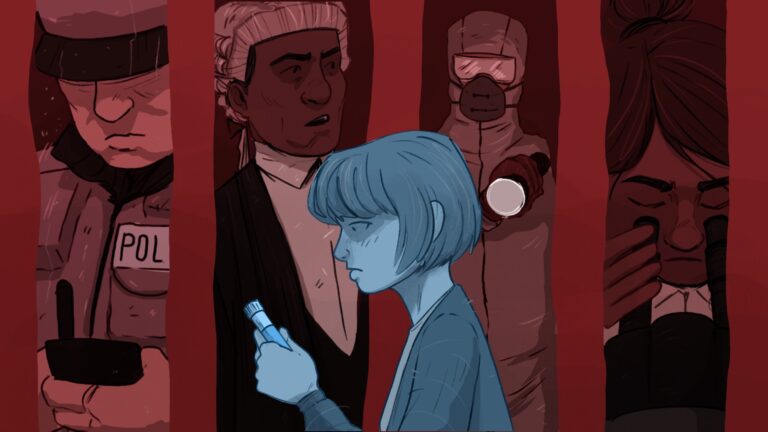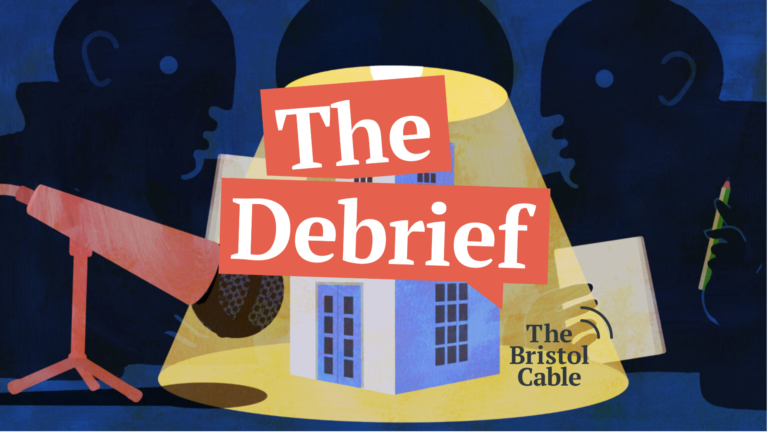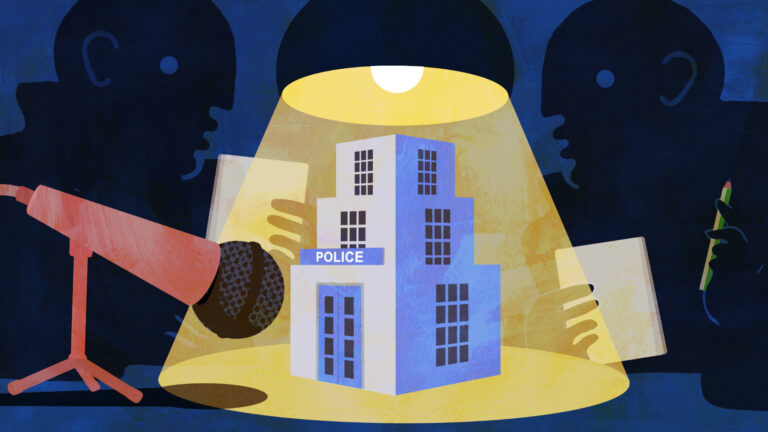How a media backlash led to a St Paul’s woman’s dramatic release from prison
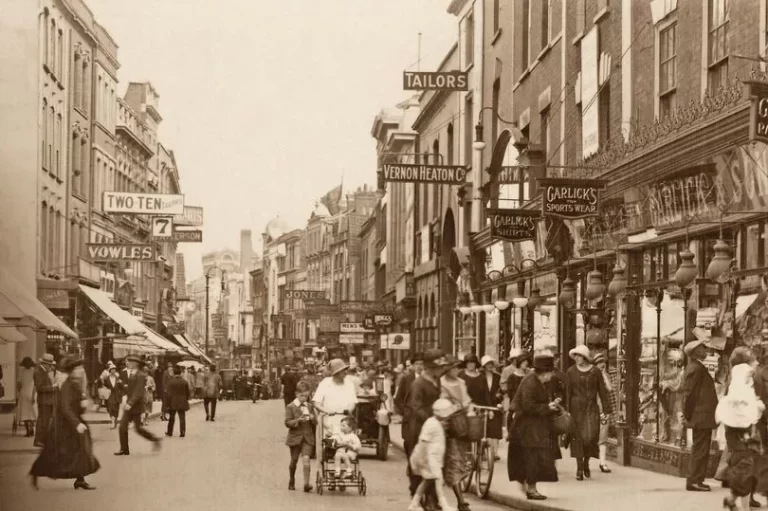
Before the Second World War, Castle Street, where Mary Burridge took from Woolworth’s was one of Bristol’s main shopping streets
When, 91 years ago, a Bristol woman appeared in court accused of shoplifting, it seemed an open-and-shut case.
Mary Burridge lived on Hill Street in St Paul’s. She was almost 40 and had five young children. When she admitted to the charges, she stepped into a world unlike anything she knew before.
Her spree took place on Easter Saturday 1933, in Castle Street, then one of the city’s main shopping thoroughfares. It used to be home to the likes of Boots and Marks and Spencer, but was badly damaged in the Bristol Blitz of November 1940 and now lies buried beneath Castle Park.
Shoplifting in this city is becoming a perfect nuisance, and this bench is determined to stamp it out.
The assistant manager of Woolworths had been watching Mary closely, he told magistrates, and had seen her put tea, biscuits, jam, a tin of salmon and a pot of fish paste into her bag. She had also taken a rubber ball from the toy department, and socks and stockings from Peacocks next door.
Mary was not represented in court, and when she spoke from the dock it was only to apologise. She had no money, she said, and nothing to give her children in the way of food. The prosecutor conceded the things she had stolen were worth a mere five shillings, and that she had never been in trouble before.
One of the two magistrates who heard the case was Edith Robinson White, a charity worker and a leading light in the Townswomen’s Guild. She was also prominent in Conservative politics and a councillor for the old Stapleton ward.
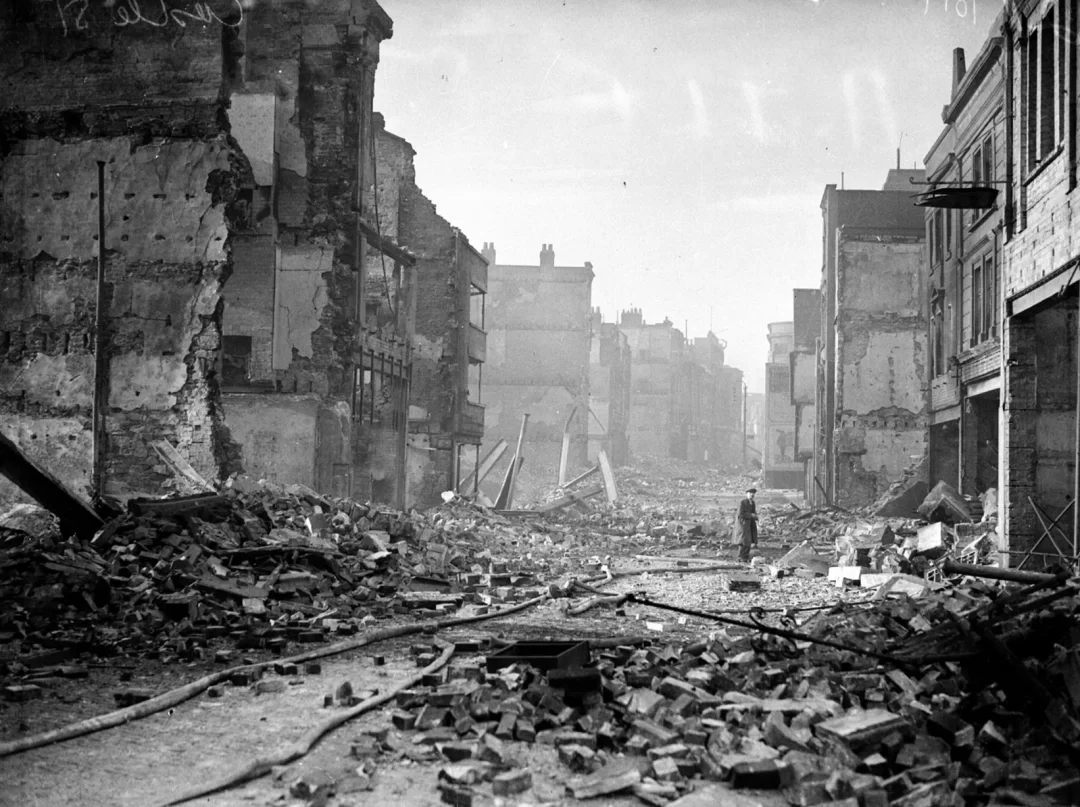
Leonard Olive, the managing director of Ashmans, a leather merchant with its headquarters on Broadmead, was the other magistrate. He had married the daughter of the company’s founder, who had been the first Lord Mayor of Bristol and the last man to be knighted by Queen Victoria.
Olive, the chairman of Gloucestershire County Cricket Club and vice-president of Bristol Rugby Club, also did charitable work. But at the end of the hearing, he told Mary, “Shoplifting in this city is becoming a perfect nuisance, and this bench is determined to stamp it out.” She received a month’s hard labour and was taken straight to Cardiff prison.
National outcry over prison sentence
The outcry was immediate. The Truth, a national newspaper with a campaigning reputation, complained Mary had been treated more harshly than other recent Bristol shoplifters, which was true.
Of seven cases already heard in April 1933, most had involved women who were given fines. One was Alice Pruett of Fishponds, who Olive and Robinson White ordered to pay £5. And one – Rosina Kate Valentine, who had stolen goods from Woolworths worth 30 shillings – was merely bound over, or ordered to keep out of trouble.
“It is not surprising,” The Truth wrote, “this discrepancy has excited considerable agitation in the city.” The Daily Mirror reported “numerous protests”, while The People pronounced it “incomprehensible that such a sentence should ever have been passed upon a poor mother in these circumstances”.
Why was Mary Burridge treated so harshly, in being sent to prison? Her class might have been an issue, and shoplifting in Bristol was plainly coming to be seen as a problem. Yet neither of those things seems to have harmed the women who came before her into the dock.
Maybe the fact that Mary didn’t have a solicitor worked against her. If so, the problem was solved almost immediately, with Thomas Denner Corpe, who had offices in St Nicholas Street, visiting her in prison only five days after she had been sent down.
Corpe had been educated at Marlborough College and was as confident as he was energetic. He played rugby for the Clifton club, and for Harlequins sometimes, and he had captained the Somerset county side.
He was also a keen huntsman and a member of the Mendip Hunt, who had made his home in Priddy, near Wells. After his wedding the following year, in the village’s 13th century parish church, Corpe and his new wife dressed in full hunting gear and galloped home on a pair of white horses.
Corpe’s journey to visit Mary at Cardiff prison was also made in style, aboard an ‘air ferry’ that had recently begun operating from Whitchurch airport. His blue-and-silver plane, said to twinkle in the sky like a big dragonfly, headed west at a height of around 500m, crossing the coast over Clevedon.
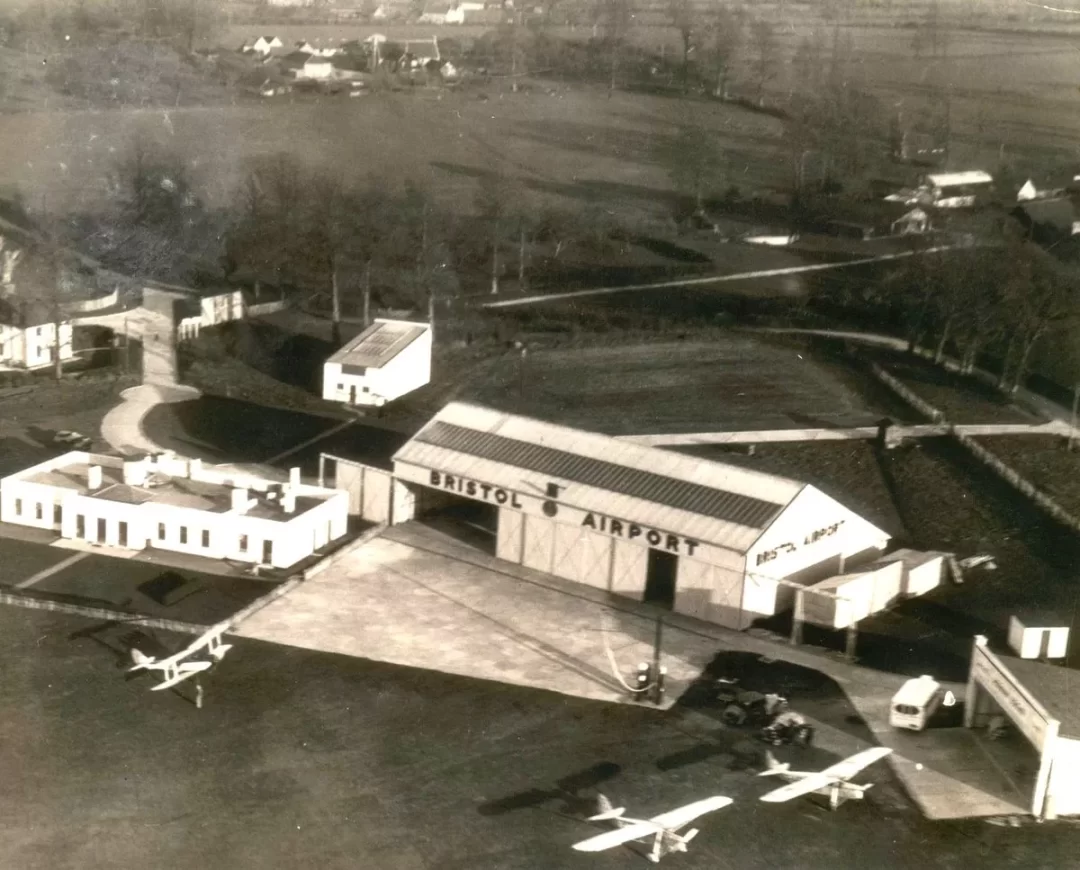
The day after he saw Mary in prison, Corpe lodged the necessary documents with the Bristol court and she was granted leave to appeal. Then, because someone had agreed to put up £50 to guarantee that she would return to court, she was immediately released on bail.
Treated abominably
When she arrived back in Bristol – after Corpe had flown back to Cardiff and she had taken probably the first flight of her life – Mary was reunited with her family and surrounded by reporters. She expressed her gratitude both to the people of the city and to her surety. She didn’t have 50 pennies to her name, she said, let alone the £50 the court had demanded (equivalent to almost £2,500 today).
Her appeal was heard on 1 August 1933, at the Quarter Sessions, in the Guildhall on Broad Street. The presiding judge was Stuart Bevan KC, who as well as being the recorder of Bristol was also the Conservative MP for the central London constituency of Holborn.
Mary’s barrister was a rather more local man. Frederick Wilshire had been born in Hanham and left school aged 12. He only turned to law in his forties, after working as a bootmaker and a professional musician. A prominent Liberal, he hoped to stand for election in the old Bristol East constituency – but his close links with Germany would come to be viewed with suspicion.
Since Mary’s conviction, the Bristol magistrates had dealt with five more shoplifting cases, involving women from Southville, Fishponds and Knowle. Again, none had been imprisoned.
On the very day Mary flew back from Cardiff, Henrietta Griffin, who had admitted stealing a coat worth four shillings, was simply bound over to be of good behaviour. She told the magistrates she had seven children and her husband was out of work.
Mr Wilshire made a lot of this. After Woolworths told the court that Mary was now living with a man who wasn’t her husband, and that her five children were all illegitimate, he said it was important the magistrates knew the full story.
Mary had once been married to a man who treated her abominably, the barrister explained, and though he had long since left her, she had seen nothing of the 12 shillings a week he had been ordered to pay. She might only have been locked up for five days, but she would never get over her time behind bars. Called as a witness for the defence, another St Paul’s woman said she had been Mary’s neighbour for 15 years and she always paid back money she had borrowed.
Extenuating circumstances
For his part, the judge said cases of shoplifting were becoming alarmingly frequent, and that judges should impose stiff sentences where necessary. But if there were “extenuating circumstances or strong evidence of previous good character,” some mercy should be shown.
Mary plainly wasn’t a hardened shoplifter, he added. And if Mr Olive and Mrs Robinson White had heard the evidence he had, they probably wouldn’t have sent her to prison. “Here is a woman who has had a chequered and somewhat unhappy life,” he went on. “She has been burdened with children.” Her prison sentence would be quashed and she would be bound over for 12 months instead.
The appeal, like Mary’s original sentence, was reported widely – in the Daily Herald and Daily Mirror, and in newspapers as far away as Sunderland, Liverpool and Belfast. It even made the front page of the Isle of Man Daily Times.
Within a year, Edith Robinson White lost her council seat to Labour, while Leonard Olive was dead. Corpe – whose marriage, entered into so dramatically at Priddy, did not last – would go on to distinguish himself in the Second World War.
In the General Election that followed he would run unsuccessfully for the Conservatives against Labour’s Stafford Cripps in Bristol East. The wealthy lawyer’s motivation – a sense of social justice, or just a nose for publicity – for flying to Mary Burridge’s aid remains a mystery.
Of Mary herself, no public trace remains, save for what was written in the newspapers about her no doubt bewildering brush with the Bristol bench.
Independent. Investigative. Indispensable.
Investigative journalism strengthens democracy – it’s a necessity, not a luxury.
The Cable is Bristol’s independent, investigative newsroom. Owned and steered by more than 2,500 members, we produce award-winning journalism that digs deep into what’s happening in Bristol.
We are on a mission to become sustainable, and to do that we need more members. Will you help us get there?
Join the Cable today






